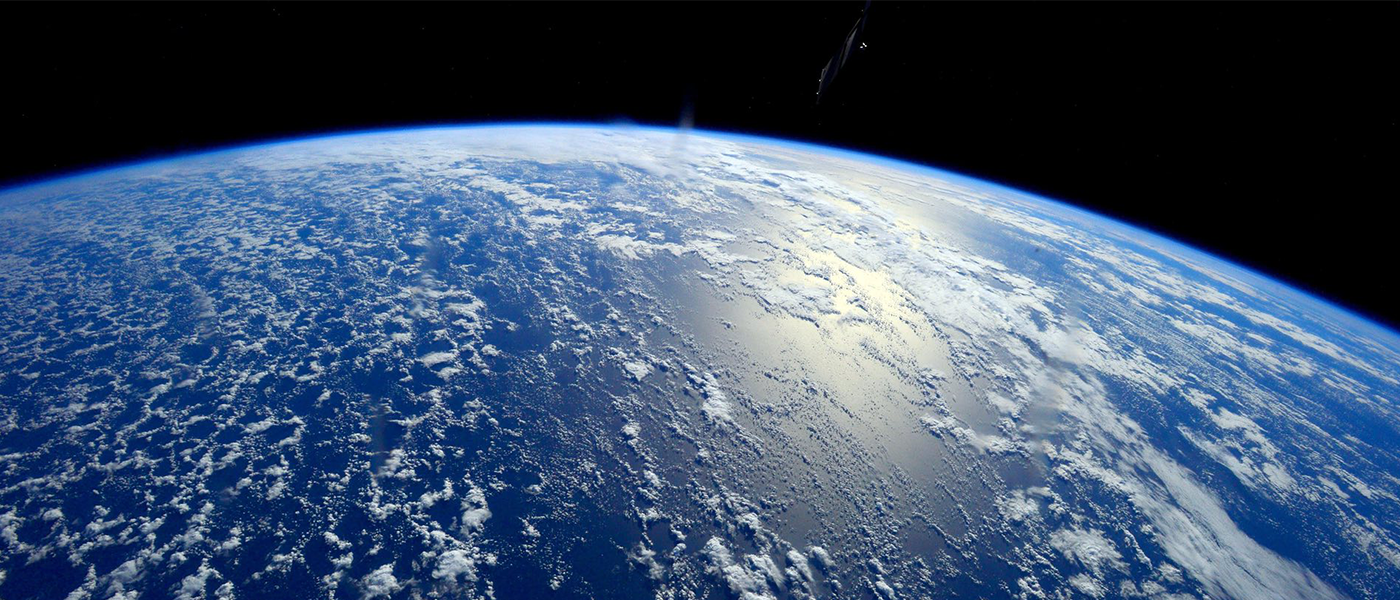A New Equation
Scientists have devised a new mathematical equation that allows them to determine just how much humans are affecting the climate. According to the researchers, global temperatures have decreased by an average of 0.01 Celsius per century over the last 7,000 years. This figure is what they considered the baseline rate. In the last 45 years however, trends show that it has increased at 1.7 Celsius per century, due to greenhouse gas emissions.
In the paper, published in the journal The Anthropocene Review, the researchers go on to explain that across billions of years, Earth's climate has been dependent on astronomical and geophysical forces, as well as internal dynamics of the planet. In the equation, these natural forces tend to zero because of how slow they affect the Earth's climate, in contrast to human activity. In short, while these factors still affect Earth's climate, human activity overtakes it significantly. This change represents a climate shift driven by humans that is 170 times faster than those caused by natural forces.
“We are not saying the astronomical forces of our solar system or geological processes have disappeared, but in terms of their impact in such a short period of time they are now negligible compared with our own influence,” co-author of the paper Will Steffen said.
"While it would seem imprudent to ignore the huge body of evidence pointing to profound risks, it comes at a challenging time geopolitically, when both fact-based world views and even international cooperation are questioned. Nowhere has this been clearer than in the US in recent weeks,” adds co-author of the study Owen Gaffney.
Giving Proof
The relevance of this equation is two-fold. First it manages to clearly illustrate our current predicament. Attaching a specific number to demonstrate how much humans are affecting the climate in such a short time frame (in contrast to natural forces, which took millions and millions of years), clearly shows the impact we have on the environment.
“Crystallising this evidence in the form of a simple equation gives the current situation a clarity that the wealth of data often dilutes," notes Steffen.
Second, it could also help drive action—given that we only have a small window to address the damage we have caused. As they explain in their paper, “the human magnitude of climate change looks more like a meteorite strike than a gradual change.” Earth may have shown remarkable resilience, but human societies aren’t likely to do as well.
Failure to reduce anthropological climate change could “trigger societal collapse”, their research concluded.
Share This Article
